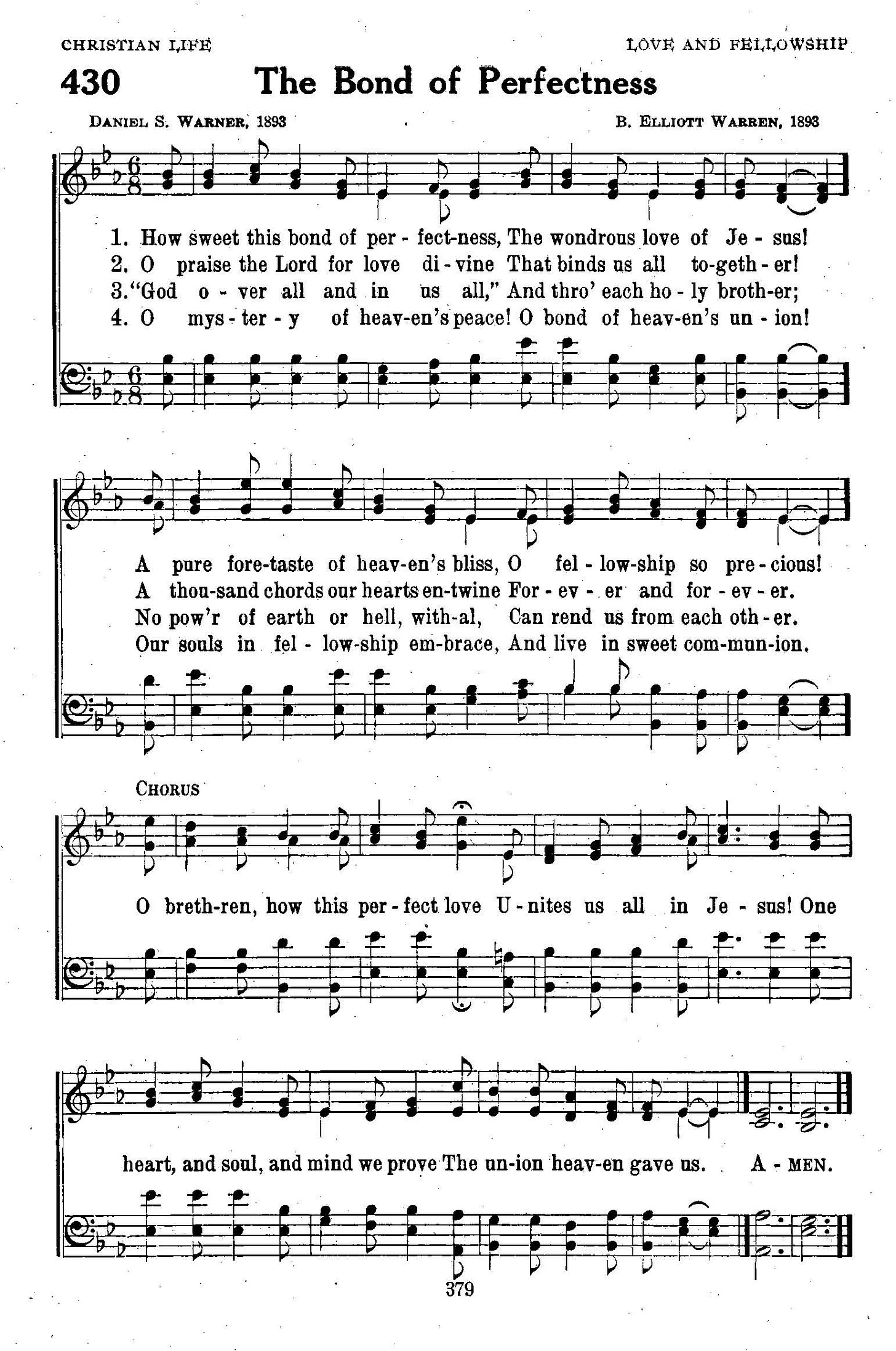Unity: The Challenge
For a while now I have been promising the start of new series related to our views and practices related to Christian unity. I have been hesitating, however, to release this content due to constantly re-working my articles over the past several weeks. There is a lot to say on this topic, and I was finding myself getting too deep into the weeds for this …



